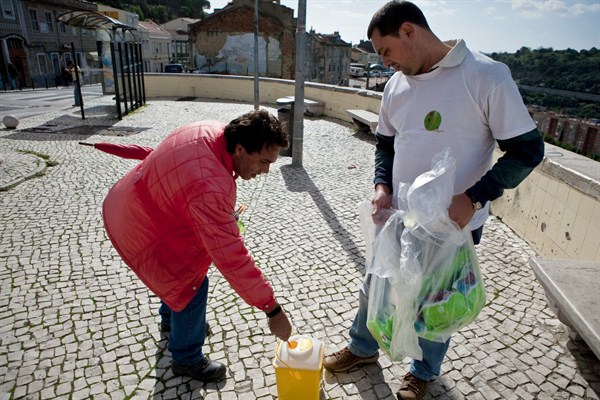Editor’s note: This article is part of an ongoing series about national drug policies in various countries around the world.
On Feb. 17, Portugal’s main opposition party, the Social Democratic Party, formally endorsed the legalization and regulation of cannabis at its national conference. Although Portugal decriminalized the use and personal possession of all drugs in 2001, from cannabis to heroin, the government has not legalized any illicit drugs. The Social Democratic Party’s endorsement is a step toward changing that. If translated into law, it would make Portugal the first country in Europe to legalize and regulate cannabis. In an email interview, Caitlin Hughes, a criminologist and senior research fellow at the National Drug and Alcohol Research Center in Australia, discusses Portugal’s pioneering and progressive drug policy, which is widely considered a success and a model for other nations, despite some drawbacks.
WPR: Portugal’s drug policy is often held up as a model of drug reform. What are its basic principles, and have they evolved since the policy was first implemented?

